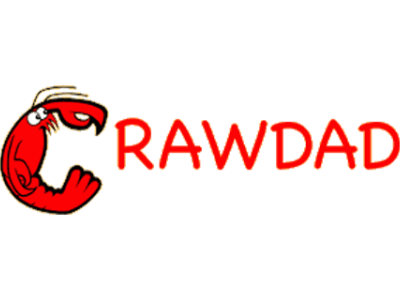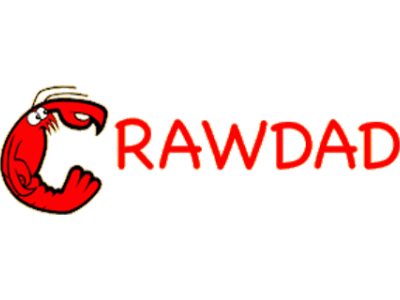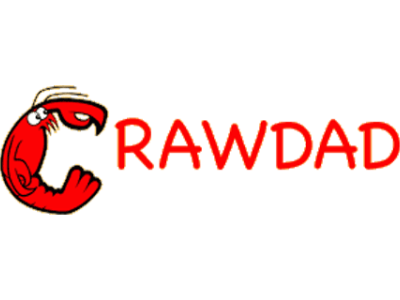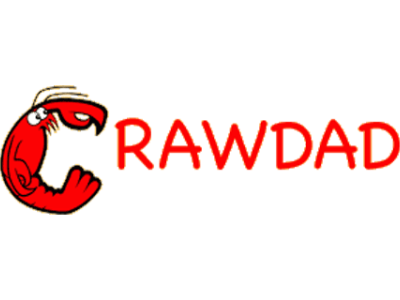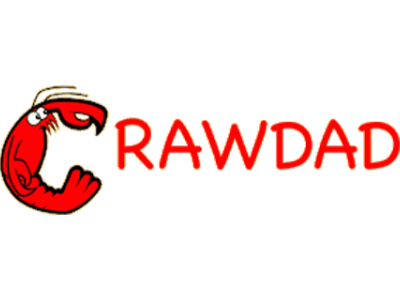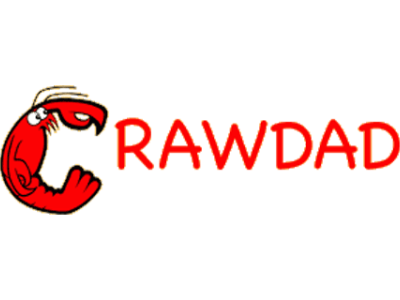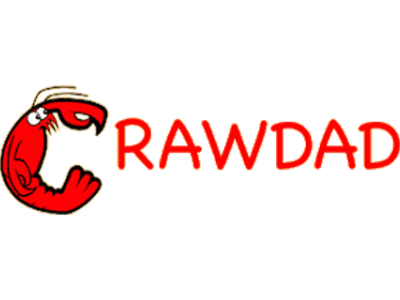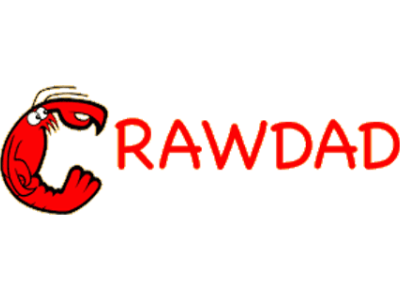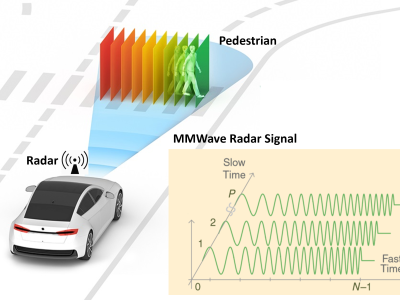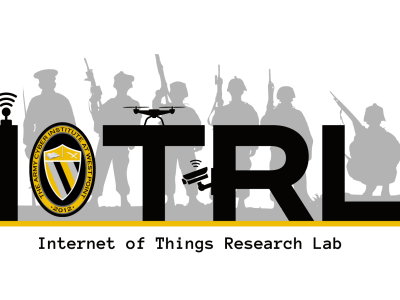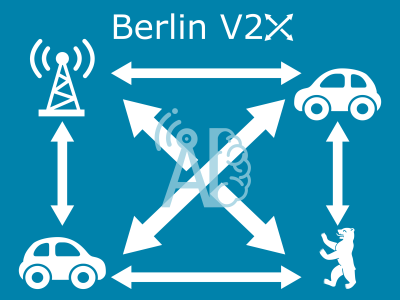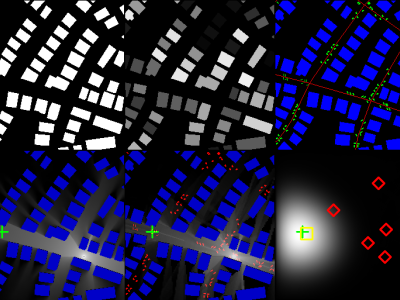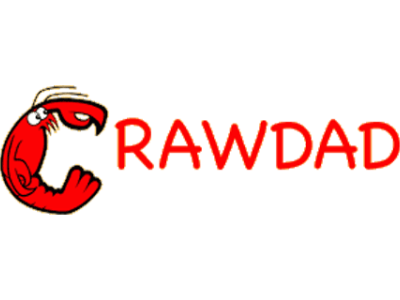CRAWDAD dartmouth/wardriving
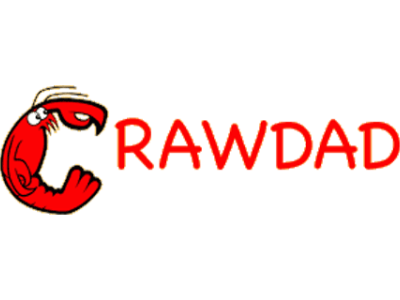
- Citation Author(s):
-
Minkyong Kim (Dartmouth College)David Kotz (Dartmouth College)Jeffery Fielding (Dartmouth College)
- Submitted by:
- CRAWDAD Team
- Last updated:
- DOI:
- 10.15783/C7TG66
- Data Format:
 259 views
259 views
- Categories:
Abstract
The dartmouth/wardriving dataset (v. 2006-06-02)
Location-aware dataset for analyzing the errors in location estimates.
The authors collected the dataset through war driving, i.e., collecting Wi-Fi beacons by driving or walking around Dartmouth Campus, to understand the effect of using estimated AP locations.
Instructions:
details of the dartmouth/wardriving dataset (v. 2006-06-02)
last modified: 2006-11-14
release date: 2006-06-02
date/time of measurement start: 2005-07-22
date/time of measurement end: 2005-09-14
collection environment
"As researchers have started using data collected by war driving for applications such as localization, it is important to understand the errors in war-driving data. Given the actual AP locations on Dartmouth College campus, we performed war driving on the campus and obtained the estimated AP locations." [kim-wardriving]
"We believe that the Dartmouth college campus is an ideal place to perform this study. First, Dartmouth has wireless coverage almost everywhere on the campus. Second, all APs on the campus are centrally administrated. Thus, it is relatively straightforward to obtain information about these APs. Third, information about the location of APs is up-to-date since the college has recently replaced all of our APs and recorded detailed location data." [kim-wardriving]
network configuration: On Dartmouth campus, "all APs share the same SSID, allowing wireless clients to roam seamlessly between APs. On the other hand, a building's APs are connected to the building's existing subnet." [henderson-voice]
data collection methodology:
"War driving is the process of collecting Wi-Fi beacons by driving or walking through a town, to discover and map the location of APs. Because war driving is easy and can be performed by anybody with a wireless card, a GPS receiver, and war-driving software, it is an effective way of collecting AP location information." [kim-wardriving]
sanitization: Every MAC address, non-Dartmouth SSID, and AP names have been anonymiazed.
This dataset contains the following traceset: placelab
Place Lab traceset collected on Dartmouth Campus for analyzing the errors in location estimates.
Minkyong Kim
minkyong@gmail.com
Dartmouth College Computer Science Postdoctoral Research Fellow
Department of Computer Science
Dartmouth College
6211 Sudikoff Laboratory, Hanover, NH 03755, USA
www.cs.dartmouth.edu/~minkyong/
David Kotz
David.F.Kotz@Dartmouth.EDU
Jeffrey J. Fielding
jeffrey.j.fielding@Dartmouth.EDU
Dartmouth College Computer Science Student
how to cite this dataset: when writing a paper that uses CRAWDAD datasets, we would appreciate it if you could cite both the authors of the dataset and CRAWDAD itself, and identify the exact dataset using the appropriate version number. For this dataset, this citation would look like:
The files in this directory are a CRAWDAD dataset hosted by IEEE DataPort.
About CRAWDAD: the Community Resource for Archiving Wireless Data At Dartmouth is a data resource for the research community interested in wireless networks and mobile computing.
CRAWDAD was founded at Dartmouth College in 2004, led by Tristan Henderson, David Kotz, and Chris McDonald. CRAWDAD datasets are hosted by IEEE DataPort as of November 2022.
Note: Please use the Data in an ethical and responsible way with the aim of doing no harm to any person or entity for the benefit of society at large. Please respect the privacy of any human subjects whose wireless-network activity is captured by the Data and comply with all applicable laws, including without limitation such applicable laws pertaining to the protection of personal information, security of data, and data breaches. Please do not apply, adapt or develop algorithms for the extraction of the true identity of users and other information of a personal nature, which might constitute personally identifiable information or protected health information under any such applicable laws. Do not publish or otherwise disclose to any other person or entity any information that constitutes personally identifiable information or protected health information under any such applicable laws derived from the Data through manual or automated techniques.
Please acknowledge the source of the Data in any publications or presentations reporting use of this Data.
Citation:
Minkyong Kim, David Kotz, Jeffrey J. Fielding, dartmouth/wardriving, https://doi.org/10.15783/C7TG66 , Date: 20060602


